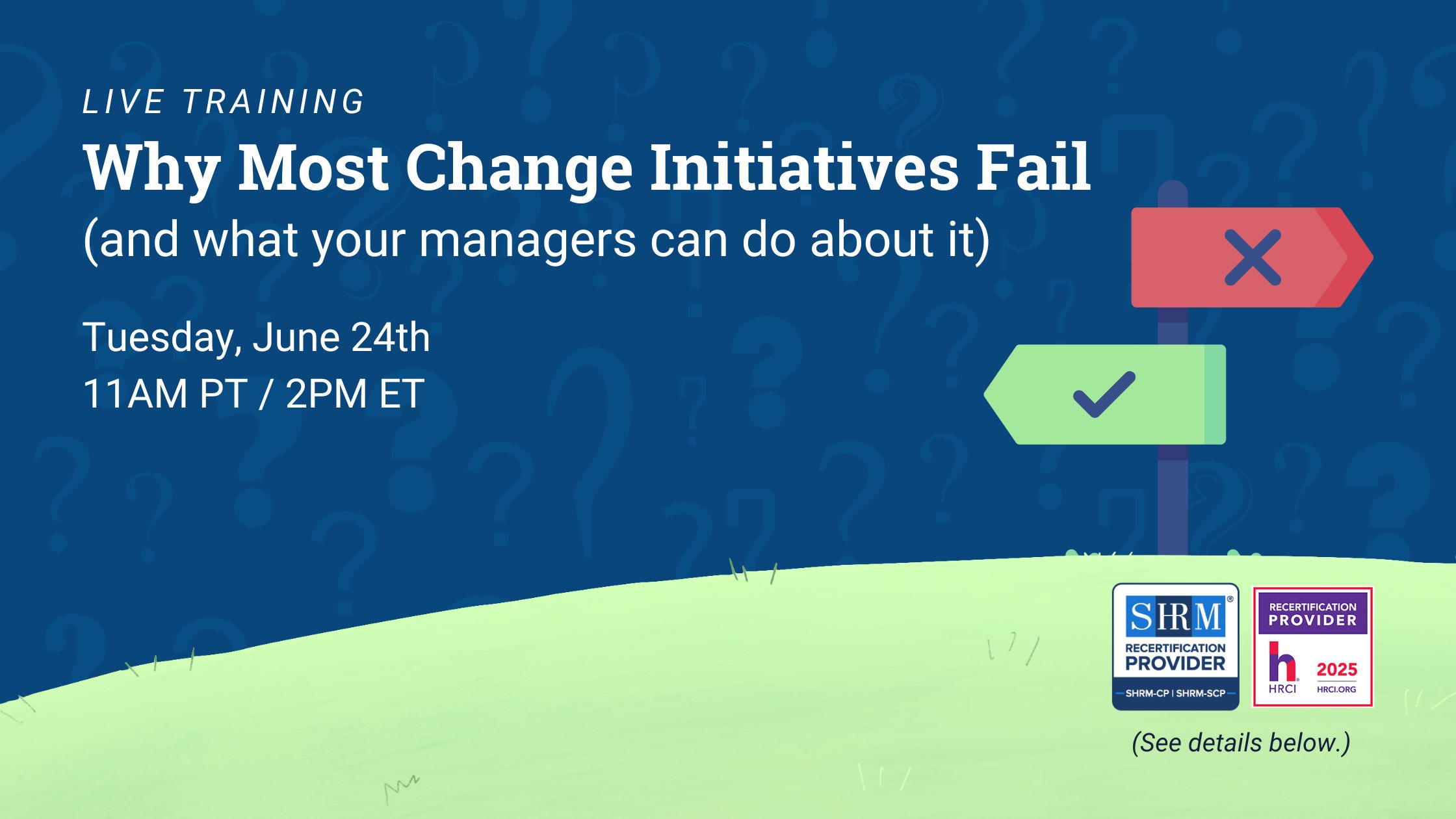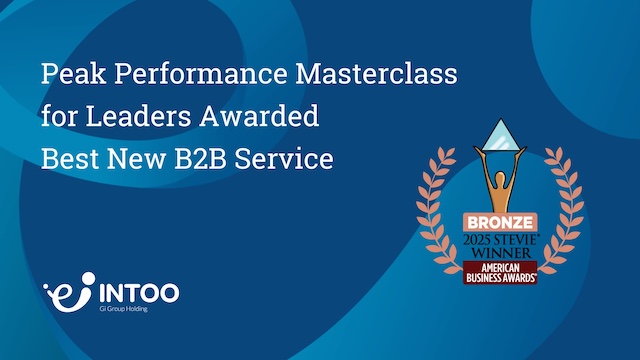Good leadership is crucial in the modern, future-focused, dynamic business landscape. Leaders are not born; they are made through continuous growth, learning, and adaptation. Effective leadership is not a static trait but a constant growth, learning, and adaptation process. This article delves into the critical aspects of personal and professional development that contribute to making a successful leader. From cultivating self-awareness to mastering interpersonal skills, the guide offers practical insights and actionable steps for individuals aspiring to excel and grow as a leader. Emphasizing the role of mentorship, feedback, and a proactive mindset, it explores avenues for leaders to evolve and thrive in their roles.
Why Is It Important to Grow as a Leader?
Leadership growth isn’t just a professional necessity; it’s a personal imperative with far-reaching consequences for individuals and organizations. Without leadership development, both professionals and businesses risk stagnation in a rapidly evolving business landscape. Beyond personal fulfillment, continuous growth is integral to organizational success, fostering innovation, adaptability, and a positive work culture. The article articulates how a leader’s ongoing evolution directly influences their team’s dynamics and overall performance. By understanding the vital role of leadership growth, individuals gain insight into the broader impact of their development journey, encouraging a proactive and intentional approach to leadership enhancement.
11 Ways to Effectively Grow as a Leader
Those with strong leadership skills are always highly desirable in the workplace, especially for positions that involve actively managing other employees. However, for many, these skills aren’t ones that can be passively learned through on-the-job experiences. In this guide, we’ll look at some of the key actions you can take to proactively develop your career and become a more effective leader.
1. Spend time making observations
Having a strong sense of awareness is a helpful skill that all leaders should cultivate. After all, it’s up to those in leadership positions to notice, address, and solve problems in the workplace, and staying aware of how your team members are performing will make it easier to spot potential issues and work on solutions.
For example, if one of your team members is struggling with a particular skill, you can make a recommendation on how they can develop that ability. An employee who finds it difficult to convey their ideas to fellow team members would benefit from practicing their communication skills and receiving feedback on their delivery. It’s also important to make observations about yourself to see if your performance is meeting both your and your manager’s expectations.
2. Understand your flaws
Finding areas of improvement and constantly seeking ways to better yourself is the mark of an excellent leader. You should have enough self-awareness to define any underdeveloped skills or potentially problematic characteristics that you may have. Getting a second opinion from your peers might help uncover negative traits that would otherwise be ignored.
Once you know what characteristics can use improvement, you can start making positive changes. Professionals who realize they’re not good at having difficult conversations with colleagues, for example, could work with a mentor or career coach to develop these skills.

3. Seek constructive criticism
Learning how to take and seek feedback from your superiors is essential for developing as a leader. If you have particular skills you wish to build, such as communication, then be sure to ask for specific criticism on those areas and see if those providing input have any recommendations for how to strengthen said skills. The feedback you receive will indicate which skills you should prioritize improving, so it’s a good idea to ask for critiques regularly.
4. Learn from past mistakes
Reflecting on your past experiences can reveal knowledge that can be applied to your position as a leader. Every mistake can be turned into a learning opportunity as long as you take the time to find the lesson. Understanding how something went wrong will better equip you for handling similar situations in the future. Any professional has the potential to make mistakes, so knowing how to take these mishaps and turn them into something beneficial is a useful skill to learn for budding leaders.
You may also share these experiences with your team to help them avoid making the same mistakes. A leader should serve as a mentor for their professionals and be unafraid to admit to their own shortcomings.
5. Listen to those with experience and follow their examples
Your fellow professionals and superiors are great resources that you can utilize for growing as a leader. People who have become successful leaders will have the necessary experience to offer expert advice on how to develop your leadership skills. Someone who has strong leadership qualities can serve as a live example of how an effective leader acts.
Following in the footsteps of your superiors and mentors can also be helpful. You may want to ask them to recommend a career development training program they’ve found to be helpful, engage with the same career coaching service, or read the same leadership books they’ve read.
6. Challenge yourself
Leaders should be constantly evolving as professionals and developing their skills, and one way you can do this is by challenging yourself in the workplace. You can start by asking your superiors for additional leadership-based responsibilities. This could include managing additional teams, providing training to more junior employees, and attending leadership meetings where appropriate. You may also seek out workshops or online training courses that teach you unfamiliar skills.

7. Invest in education and coaches
Leadership education is not a one-time event but an ongoing journey. Beyond attending sporadic workshops, you should invest in continuous learning like seminars and conferences, as well as enlisting the guidance of coaches. Coaches provide personalized feedback and guidance tailored to an individual leader’s strengths and weaknesses. This approach ensures a practical and targeted development of leadership skills. By consistently seeking education and coaching, you stay informed about industry trends and demonstrate a commitment to growth and improvement. This commitment sets a powerful example for the team, emphasizing the importance of continuous learning in a dynamic professional landscape.
8. Build a strong network
Networking goes beyond the exchange of business cards; it’s about fostering genuine, meaningful connections. A practical approach to building a strong network involves attending industry events, joining professional organizations, and actively engaging in online communities. Prioritize building a diverse network to expose yourself to different perspectives and insights. Instead of superficial interactions, you can organize or participate in roundtable discussions, where in-depth conversations can lead to valuable insights. This diversity of thought enhances decision-making and problem-solving capabilities. Furthermore, you can strategically leverage your network for mentorship and collaboration, creating a supportive environment that fosters both personal and professional growth.
9. Develop emotional intelligence
Emotional intelligence is not just a buzzword; it’s also a practical and critical leadership skill that requires intentional development. To grow as a leader, you need to invest in developing your emotional intelligence. You can enhance your emotional intelligence by incorporating specific practices into your daily routine. These may include regular self-reflection, seeking feedback from team members, and actively listening to understand others’ perspectives.
Practical exercises, such as scenario-based training, can be integrated into your leadership development programs to enhance emotional intelligence. Additionally, you can create a workplace culture that values and encourages open communication, empathy, and understanding. This involves acknowledging and managing your emotions while fostering an environment where team members feel comfortable expressing their feelings. By prioritizing emotional intelligence, you can navigate complex interpersonal dynamics more effectively, leading to stronger, more cohesive teams and an improved overall organizational culture.
10. Adapt to change
In the modern business landscape, the ability to adapt is crucial for effective leadership. Practical implementation involves actively seeking out changes in the industry, technology, or market trends and proactively adjusting strategies and processes. Growing as a leader, you should encourage a culture of resilience within your team by promoting continuous learning and embracing change as an opportunity for growth. Conducting regular training sessions and workshops that focus on adaptability skills can be a practical way to instill this mindset. Additionally, you should lead by example, demonstrating a willingness to learn and adapt in response to feedback and changing circumstances. By making adaptability a core value, you navigate uncertainties successfully and also foster a culture where innovation thrives, ensuring the long-term success of the organization.
11. Track your progress
Tracking your progress is a fundamental aspect of personal and professional development. Creating a systematic approach to assess your growth journey regularly involves documenting achievements, challenges, and lessons learned. This tangible record visualizes your evolution as a leader, offering valuable insights into your strengths and areas for improvement. This tracking process goes beyond a mere checklist; it becomes a dynamic tool for self-reflection and strategic refinement. You gain a comprehensive understanding of your leadership trajectory by consistently revisiting and analyzing your progress. This, in turn, allows you to identify patterns, refine strategies, and focus on areas that may require additional attention. Regular reflection on your leadership journey ensures continuous improvement and instills a proactive mindset, fostering adaptability and resilience in the face of evolving challenges.
The process of becoming an exceptional leader requires hard work and continuous self-improvement. Those who make an effort to develop their leadership skills will become valuable professionals who leave a positive impact on any organization.
INTOO offers leadership development programming, including career coaching, trainings, and workshops, to help new and experienced leaders achieve their goals. Contact us to learn about how our leadership development programs can benefit your company.











